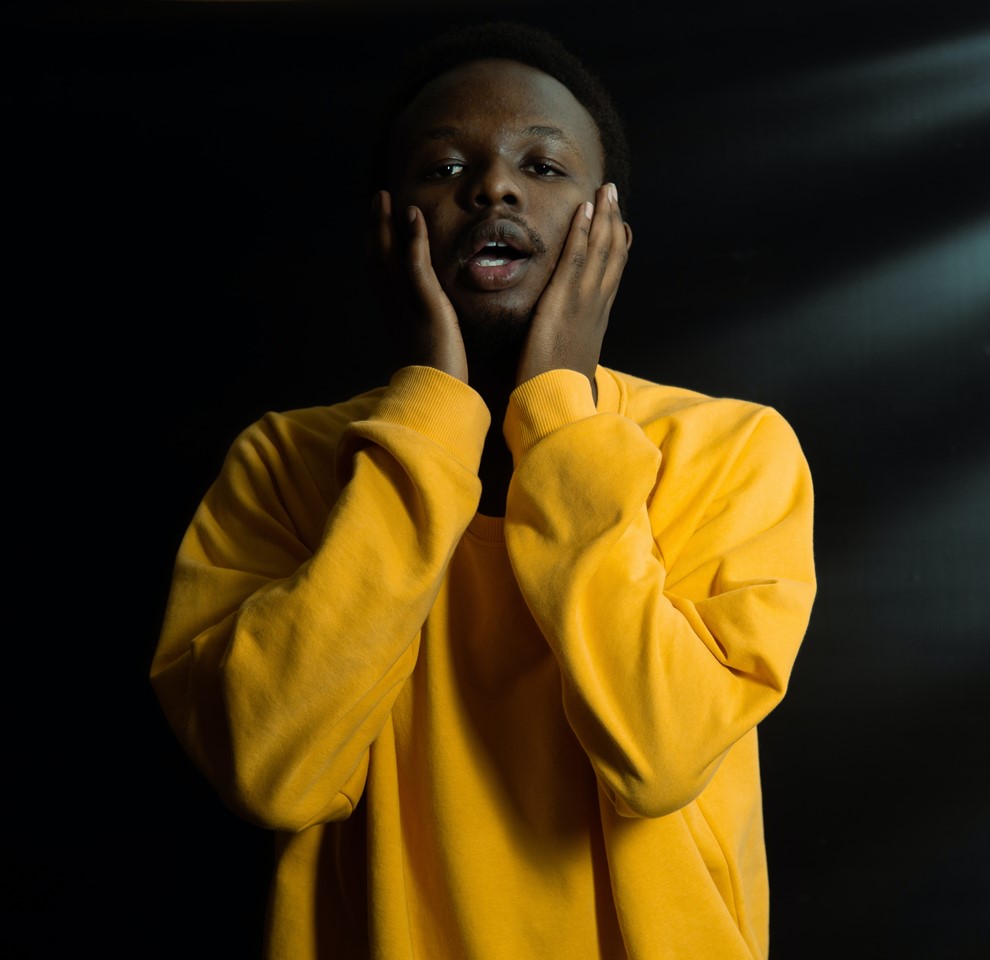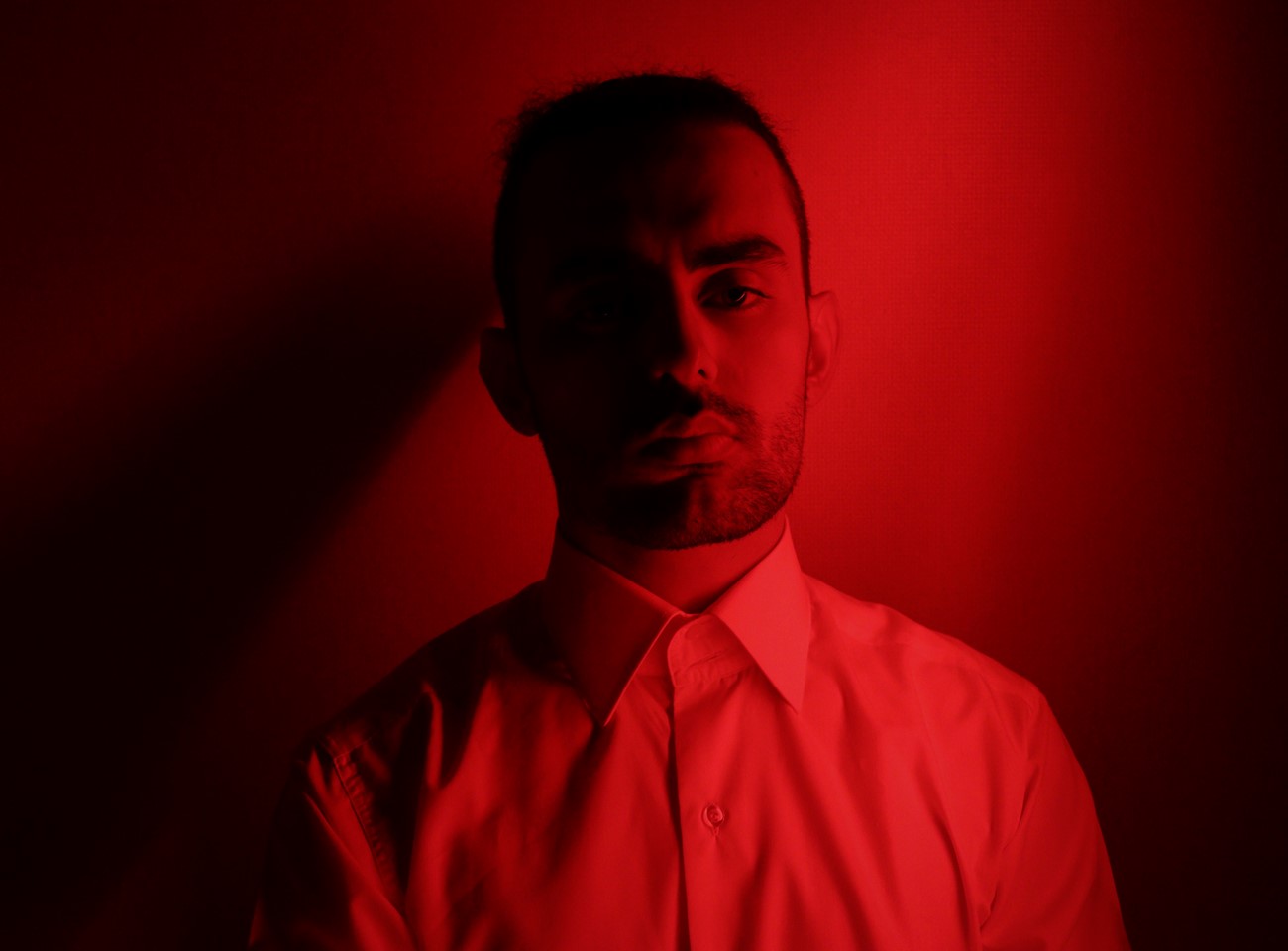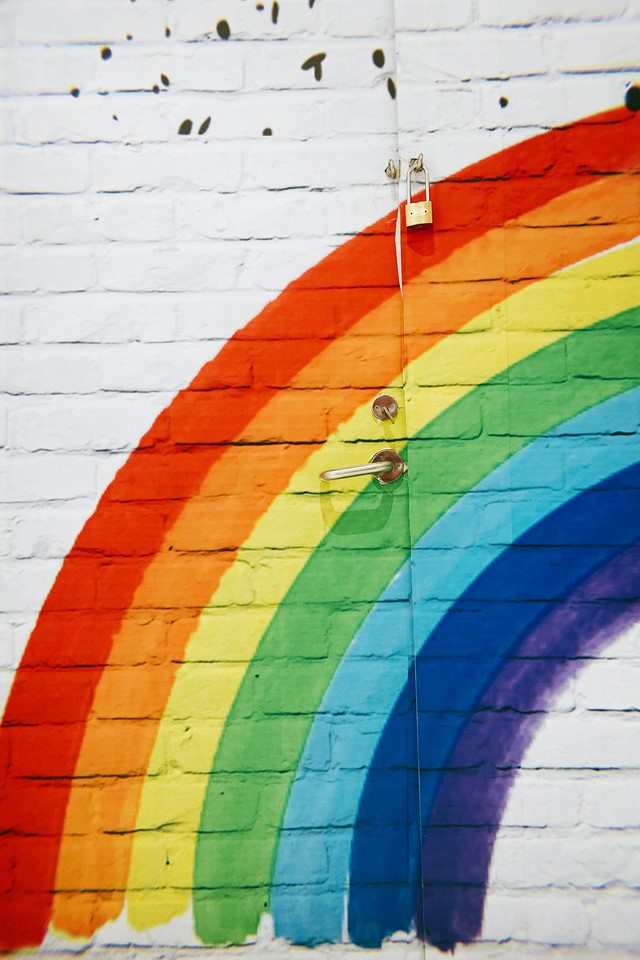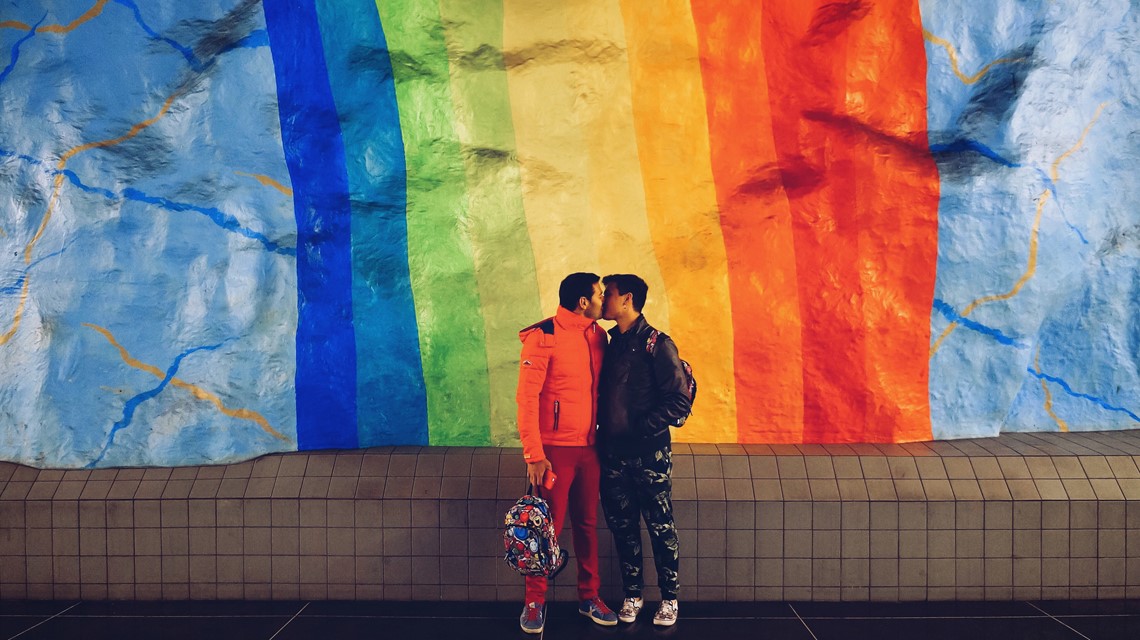Why Straight People Shouldn't Throw Around the F-Word
By Dejan Jotanovic
There’s this phenomena on Gay Twitter where we go through a list of celebrities and establish whether they can or cannot say the word ‘faggot’. An example; Nikki Blonksy from the movie Hairspray absolutely can, according to Twitter. Taylor Swift? Probably can’t. Peppa Pig probably can. And so can Carly Rae Jepsen but she won’t because she respects us that much. There’s no hard or fast rule - it’s intuitive. We capture that feeling and churn it into a meme.
UPDATE, August 2021: Matt Damon also can't / should never have been saying it.
The very fact that there’s contention - even jokingly so - around who’s given permission to use this word means that it’s still doused in plenty of controversy. But this shouldn’t be surprising. The word ‘faggot’ has a very fraught and violent history that tends to, more often than not, finger its way into the present.


Are you a straight person considering using the F-Word?
Here are some faces you might get as a reaction if you do!
Are you a straight person considering using the F-Word?
Here are some faces you might get as a reaction if you do!
Here’s why people shouldn’t throw around the word ‘faggot’.
Because of its history
Much like who can and can’t say it, the etymology (the root) of faggot is also very contentious. The standout theory mandates faggot as a “bundle of sticks” derived from the Latin, fascis. I once read some Tumblr post that claimed the bundle of sticks were for burning because of gay death penalties or maybe something to do with witchcraft. But that’s just a hot - and unsubstantiated - urban legend.
In Yiddish, the word faygele means little bird, which I guess is pretty cute but also maybe not very relevant.
Apparently in ye olde British private schools fagging was the practice where younger boys performed special “duties” for older boys.
This year I learned that faggot is also a type of offal meatball best served with peas and mash.
But most interesting is that in the late 16th century the word faggot was reserved as a derogatory and abusive word for women - namely older women. This is directly in line with how tightly wound together misogyny and homophobia/femmephobia are in our modern understandings of oppression - where it’s typically the derision of women that people fashion onto seemingly effeminate men.
The Oxford English Dictionary cites that the earliest written use of the word faggot appeared in a book of American slang as a slur for gay men: “All the fagots (sissies) will be dressed in drag at the ball tonight.” Sounds like a good time, even if the authors didn’t intend it so.
Words have power, and those powers carry different weights across time.
Because language is important
All marginalised and oppressed groups have had words weaponised against them throughout history. Whether it’s a placard scrawled with “God hates Fags,” or a hushed “faggot” pointed down a school corridor, it’s a term that most gay men have encountered in their lifetime.
In 2008 Hilary Duff released an accidentally hilarious PSA about why “you shouldn’t say something’s gay when you mean it’s bad… it’s insulting.” A win for gay rights!
But in all sincerity these words do stick with us. Coated in shame and isolation, they’re used to make us feel dread about our sexuality and to not only emasculate us but dehumanise, also. This dehumanisation is a favourable trick for any oppressor: making it much simpler to say awful things, carry out violent acts, without those typical human feelings of guilt or empathy.
Remember: piles of sticks are easier to kick.
Because the truth is that we use language as a handle in understanding and navigating the world around us. It’s our greatest prison, in that we’re only able to imagine ourselves and our surroundings through the words that we know, but it’s also our greatest source of liberation.
Words have power, and those powers carry different weights across time.


Because its damage isn’t always so obvious
The power of language isn’t so explicitly obvious either.
The advent of artificial intelligence has been heralded as a champion for objectivity: finally, a system that is free from the human condition, able to respond fairly, justly, with full rationality.
But what many don’t seem to understand is that when AI learns from humans it becomes a sponge to all the mould trapped in the spores of our language. Research published in Science (2017) found pretty grim racial and gender biases within the machine learning algorithms. For example, names such as “Brad/Courtney” were correlated more regularly with words like “happy/sunrise” while “Leroy/Latisha” were more likely found with “hatred/vomit”.
The point is that language is living and breathing, and we don’t fully understand its effect on our internal circuitry.
Homophobia, or homophobic language, can do incredible damage to the wellbeing of our community. Plenty of research has pointed to how men who have sex with men tend to experience higher levels of substance misuse, depression and anxiety. In Aotearoa 50% of gay and bisexual men haven’t disclosed their sexuality with their GP. Of course, this means that provision for targeted services - like HIV prevention and treatment - is made extremely difficult.
And why? Because of stigma, shame. Because we’re constantly responding to how the status quo sees us, and the easiest proxy in determining this is through the language used about us.

Because it isn’t for you
If 2019 taught us anything it’s that people *really* don’t like being policed around what they can or can’t say. You’ll hear the same arguments - “freedom of speech!” - as mere excuses for why they want to say societally naughty things. Of course, they forget that ‘freedom of speech’ was enshrined into law to protect individuals (namely, the press) from state intervention (namely, punishment and death).
Nowadays, you also get straight allies throwing around “fag” as an apparent act of solidarity! Support! Gay rights! Thank you, Hilary!
And in 2020 you’ll also find a number of self-identifying faggots, who’ve very actively decided to strip away the word’s power and reclaim the slur all for themselves. This is very understandable given the politics and history of the word. But it’s also important to be respectful to those in the community who just can’t see it this way… who’ve been far too burned by that very same politics and history.
To some, the word will always carry too much pain.
So, it’s vital we continue to come back and check up on our own privilege; this applies to people within our community and those outside it. Should you say faggot? Is it really your best option? What does it do for you? What will it do to me? Start with these questions first.
Can Hilary Duff say faggot? Maybe she can.
But maybe she shouldn’t.
Dejan is a freelance writer who grew up in Auckland and has lived in NYC and Melbourne. His writing spins around issues on queer history, feminism, gender theory, policy and pop culture. Tweet him at @heydejan


